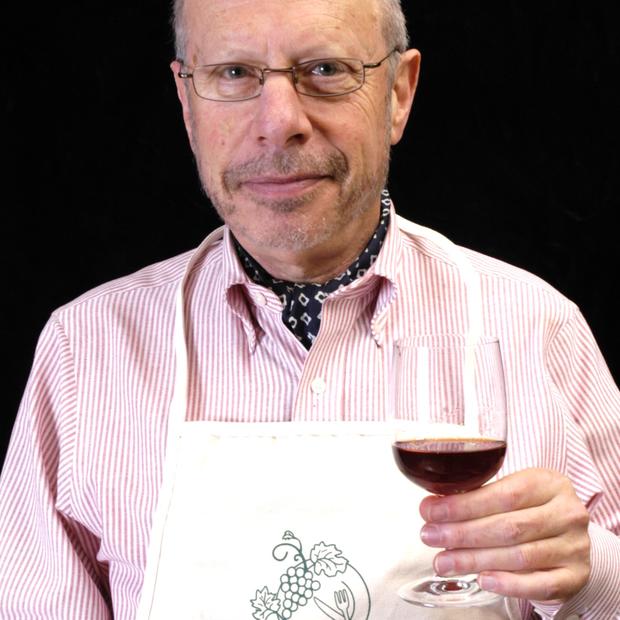Have you been to Bellevue lately? Seattle's baby sister has grown up. Her skyline is, ahem, developed. Not long ago, it might have been clever to describe all Eastsiders as Republican refugees from the gritty realities of a big city, but those days are long gone. Seattle's suburbs are increasingly diverse, ethnically and economically. And fertile ground — since there's more untrammeled ground available —f or adventurous steps in urban planning and land use.
Where would you even put a Walmart in Seattle, assuming you'd want one, and that they'd want to be here? No such problems in Bellevue, where there will soon be two. On the horizon at Factoria, a traditional Walmart superstore. And at the 15-acre Kelsey Creek Shopping Center, as of last Friday (June 29), a new style of Walmart called Neighborhood Market, kinder and gentler, that's basically a 60,000-square-foot supermarket.
Anyone who's been to the Fred Meyer in Ballard understands the concept: half the store is filled with groceries, including produce, fresh meat, and dairy, plus wine, beer, and liquor, the other half with toys, sporting goods, electronics, baby gear, pet supplies, health and beauty products, clearning products, home appliances, and a pharmacy.
Walmart didn't get to be the world's biggest retailer by ignoring its press clippings. They understand that they've got a bit of a reputation problem (oafish, tone-deaf, destroyer of small town storekeepers). So they do what they have to: hire local PR, and tell the positive side of the story. The manager started as a 19-year-old temp, never finished high school, worked his way up. Ten years later, he's got 100 people working for him. At decent (though clearly not cushy) wages, $12.93 an hour. Walmart employs almost 18,000 people in Washington and spent $2.5 billion on merchandise and services (supporting another 100,000 jobs). The company is also a leader in “green” construction and operations.
Bellevue's average household income is $80,000, compared to a national average of $50,000, but the highest incomes are concentrated in the Gold Coast west of downtown (Clyde Hill, Medina, Yarrow Point). The regions south and east of downtown, where the new Walmarts are located, are less wealthy and more economically diverse, according to a report by Hebert Research.
Walmart already has Seattle surrounded, with stores in Renton, Lynnwood, Federal Way, Everett, and Bremerton, but its analysts apparently saw an opportunity in two “underserved” zip codes (98006 and 98007) in particular. Since launching the smaller “Neighborhood” store concept 15 years ago, Walmart found, not surprisingly, that they tend to generate community support rather than opposition and, even better, that they outperform the traditional superstores.
The Kelsey Creek shopping center (at 152nd and Main streets in Bellevue) has a patient landlord, PMF Investments. They own seven shopping centers in Washington (University Place, Edmonds, Kennewick), most of them anchored by chain supermarkets. But Kelsey Creek struggled on without an anchor tenant for nearly a decade after K-Mart decamped. “The demand just wasn't there,” PMF Executive Vice President Brian Franklin told me at the Walmart grand opening Friday.
Several projects (including a prototype Costco Fresh concept) stumbled on environmental issues relating to Kelsey Creek itself, which runs under the shopping center's parking lot. “We would have had to daylight the creek,” Franklin said. “Instead, for this project, we installed giant swimming pools underground as water vaults to keep runoff from the parking lot out of the creek.”
It's not that Bellevue is lacking in grocery stores, mind you. Crossroads Mall is only a mile away, and it's several times the size of the Kelsey Creek shopping center. Whole Foods has been on 116th for eight years now. The old Larry's Market on 120th has just morphed into a Total Beverage superstore; if you want to know why some of us think that it's a good thing the state is out of the liquor business, just walk down the vodka aisles. It's not about the price, it's about choices.
“Do Bellevue dwellers care where they shop, though?” asks a traditional suburban commuter. Nobody buys bananas at Trader Joe's, then drives to Safeway for strawberries and Top Foods for hamburger. In the suburbs, no less than in Seattle, shopping is, for many if not most, above all a matter of convenience. In the environment of a more mature and diverse Bellevue, the Walmart message of “everyday low prices” may already be essentially meaningless.


